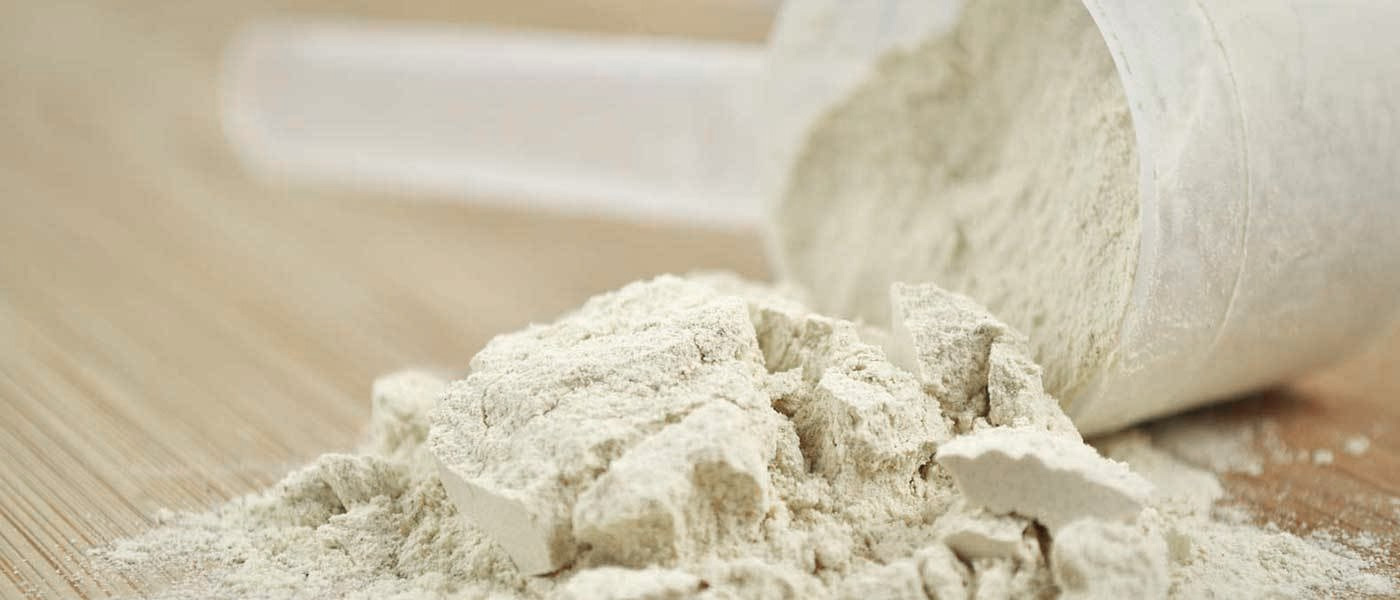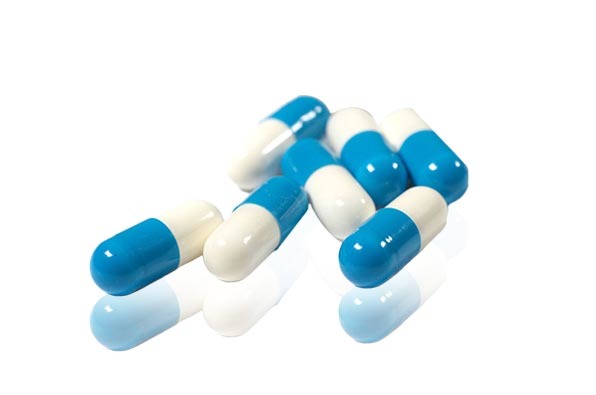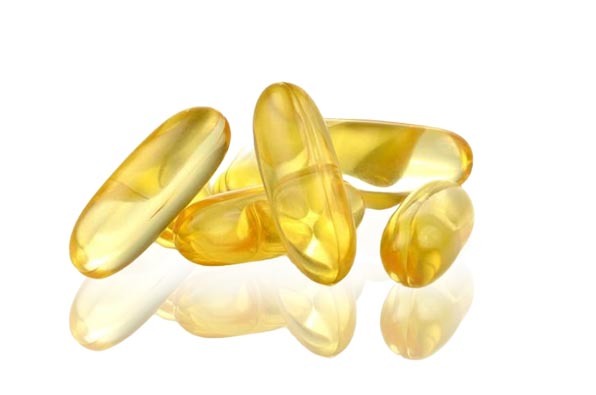News center
Enhance Your Health and Beauty with High Quality Collagen: The Ultimate Guide
Release time:
2025-04-19
Enhance Your Health and Beauty with High Quality Collagen
Table of Contents
- What Is Collagen?
- The Importance of Collagen for Health and Beauty
- Types of Collagen
- Benefits of Collagen for Your Body
- How to Boost Collagen Production Naturally
- Choosing the Right Collagen Supplement
- Collagen Recipes and Usage Tips
- FAQs About Collagen
- Conclusion
What Is Collagen?
Collagen is the most abundant protein in the human body, making up about 30% of the total protein content. It acts as a crucial building block for various tissues, including skin, bones, tendons, cartilage, and muscles. Collagen gives your skin its structure, strength, and elasticity, while also providing support to your joints and bones. As we age, our body's natural collagen production decreases, leading to visible signs of aging, such as wrinkles, sagging skin, and joint pain.
The Importance of Collagen for Health and Beauty
Collagen plays a vital role in maintaining overall health and beauty. It helps to keep your skin youthful and vibrant, supports joint health, and can even play a role in gut health. By enhancing collagen levels, you can combat various signs of aging and improve your physical well-being. Let's explore how collagen contributes to both health and beauty.
Collagen and Skin Health
High-quality collagen can significantly enhance skin health. As collagen levels decline with age, your skin may lose its firmness and elasticity, leading to fine lines and wrinkles. Supplementing with collagen can help stimulate the production of new collagen, leading to improved hydration, reduced wrinkles, and a more youthful appearance.
Collagen and Joint Support
Collagen is essential for maintaining healthy joints. It helps to form cartilage, the tissue that cushions the joints and protects them from wear and tear. Regular collagen intake can reduce joint pain and inflammation, making it beneficial for those suffering from arthritis or other joint conditions.
Collagen and Gut Health
Gut health is essential for overall well-being, and collagen plays a significant role in maintaining the integrity of the gut lining. It can help soothe the digestive tract, reduce inflammation, and promote healthy digestion. By supporting gut health, collagen can also contribute to better nutrient absorption.
Types of Collagen
There are at least 28 different types of collagen in the human body, but the most common types are Type I, Type II, and Type III. Each type serves a different function and is found in various tissues.
Type I Collagen
Type I collagen is the most abundant form, making up about 90% of the collagen in the body. It is found in skin, bones, tendons, and ligaments. It's primarily responsible for the structural integrity of these tissues.
Type II Collagen
Type II collagen is mainly found in cartilage, making it crucial for joint health. It provides elasticity and support, helping to maintain the cushioning between joints.
Type III Collagen
Type III collagen is often found alongside Type I collagen in skin, blood vessels, and internal organs. It contributes to the structural framework of these tissues and is vital for overall skin health.
Benefits of Collagen for Your Body
The benefits of collagen extend beyond mere beauty; they encompass a wide range of health aspects. Here are some of the key advantages:
Improved Skin Elasticity and Hydration
Collagen supplementation has been shown to boost skin hydration and elasticity, resulting in a more youthful complexion. Studies indicate that participants who took collagen supplements reported improved skin texture and reduced dryness within a few weeks.
Joint Pain Relief
Many athletes and active individuals use collagen supplements to alleviate joint pain. Research shows that collagen can help reduce inflammation and improve joint function, making it a popular choice for those looking to maintain an active lifestyle.
Stronger Hair and Nails
Collagen is not only good for your skin; it also promotes stronger, healthier hair and nails. By nourishing the hair follicles and nail beds, collagen can help reduce brittleness and promote growth.
Weight Management
Collagen can aid in weight management by promoting satiety. When consumed as a protein supplement, collagen can help you feel fuller for longer, reducing the urge to snack and potentially leading to weight loss.
Bone Health
Collagen supplements can enhance bone density and strength, reducing the risk of fractures and osteoporosis. Maintaining collagen levels is particularly important as we age, as bone health tends to decline with time.
How to Boost Collagen Production Naturally
While collagen supplements are effective, there are also natural ways to boost collagen production in the body. Here are some tips:
Healthy Diet
Consuming a balanced diet rich in nutrients is essential for collagen synthesis. Foods high in vitamin C, such as oranges, strawberries, and bell peppers, are crucial for collagen formation. Additionally, foods rich in amino acids, such as chicken, fish, and legumes, support collagen production.
Stay Hydrated
Adequate hydration is vital for maintaining skin elasticity and overall health. Drinking plenty of water helps keep your skin hydrated and supports the body's natural processes, including collagen production.
Avoid Excessive Sun Exposure
UV radiation can damage collagen fibers in the skin, leading to premature aging. Protecting your skin from excessive sun exposure by using sunscreen and wearing protective clothing can help preserve collagen levels.
Limit Sugar Intake
High sugar consumption can lead to glycation, a process that damages collagen and elastin in the skin. Reducing sugar intake can help maintain healthy collagen levels and promote youthful skin.
Choosing the Right Collagen Supplement
With numerous collagen supplements available on the market, selecting the right one can be overwhelming. Here are some key factors to consider:
Source of Collagen
Collagen supplements can be derived from various sources, including bovine, porcine, marine, and chicken. Marine collagen is often touted for its superior absorption and skin benefits, while bovine collagen is rich in Type I and III collagen. Choose a source that aligns with your dietary preferences and health goals.
Hydrolyzed Collagen
Hydrolyzed collagen, or collagen peptides, are broken down into smaller, more easily absorbed molecules. Look for supplements labeled as hydrolyzed for better bioavailability.
Additional Ingredients
Some collagen supplements come fortified with additional vitamins and minerals, such as vitamin C, biotin, or hyaluronic acid. These added ingredients can enhance the overall effectiveness of the supplement and provide added benefits for skin health and hydration.
Collagen Recipes and Usage Tips
Incorporating collagen into your daily routine can be both enjoyable and beneficial. Here are some delicious ways to add collagen to your diet:
Smoothies
Adding collagen peptides to your morning smoothie is an easy way to sneak in some extra protein and benefits. Combine your favorite fruits, greens, and a scoop of collagen for a nutritious breakfast.
Collagen Coffee
Stirring a scoop of collagen into your morning coffee can enhance its nutritional profile without altering the taste. This can be a great way to enjoy your caffeine while boosting your collagen intake.
Soups and Broths
Bone broth is a fantastic source of natural collagen. Incorporate homemade or store-bought bone broth into your soups and sauces for a savory boost in collagen.
Baking
Collagen powder can be added to baked goods such as muffins, pancakes, or cookies. This allows you to enjoy your favorite treats while reaping the benefits of collagen.
FAQs About Collagen
1. How long does it take to see results from collagen supplements?
Results can vary, but many people begin to see improvements in skin hydration and elasticity within 4 to 8 weeks of consistent use.
2. Is collagen safe to take daily?
Yes, collagen is generally considered safe for daily consumption. However, it is essential to follow the recommended dosage on the supplement label.
3. Can vegetarians or vegans take collagen supplements?
Traditional collagen supplements are derived from animal sources. However, there are plant-based alternatives that support collagen production, such as amino acids and vitamin C-rich foods.
4. Are there any side effects of collagen supplementation?
Collagen supplements are typically well-tolerated. However, some individuals may experience digestive discomfort or allergic reactions, particularly to marine sources.
5. Can I get collagen from food?
Yes, dietary sources of collagen include bone broth, chicken skin, fish, and collagen-rich cuts of meat. Eating a balanced diet with these foods can help maintain collagen levels in the body.
Conclusion
In conclusion, enhancing your health and beauty with high-quality collagen is a practical and effective approach. By understanding the importance of collagen, its types, and the myriad benefits it offers, you can make informed decisions about incorporating it into your routine. Whether through dietary sources or supplements, boosting collagen levels can lead to improved skin, joint health, and overall vitality. Start your journey toward better health and beauty by embracing collagen today!
NEWS





